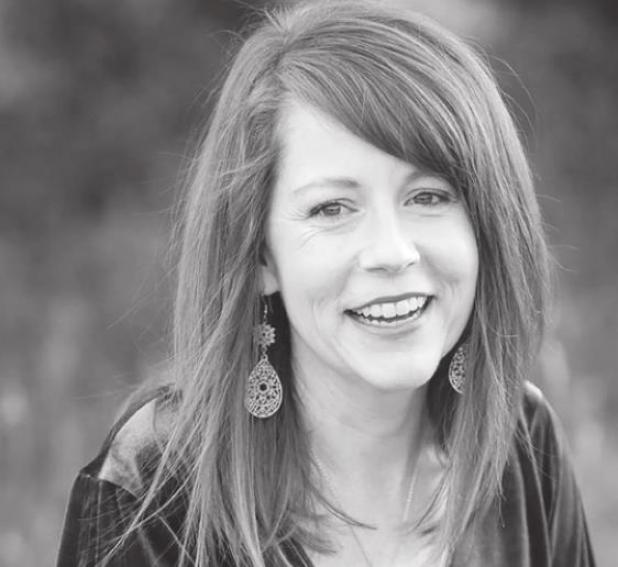
The Humbled Mother
I have always been the type of mother who can get sort of snarky with her children. I can be a basic smart-aleck at times, giving speeches about how I am in charge here and do you know who you’re talking to? I’m not saying it’s a crime to be large-and-in-charge with your kids. There are times when it’s called for. But there are also times when humility is the only route to a God-glorifying, loving relationship with your children.
A few years ago, for instance, I gave Adelade a dose of large-and-in-charge Mama when it wasn’t necessary. All she did was ask me a simple question, right there at one-act play practice, which I had signed up for so that I could have this great experience with her, working side by side as we put together a little piece of art to present to the world. I did this because I want to share my love for theater with her, and I wanted her to get a taste of the camaraderie and fun that comes with productions of this type.
But, when she asked me the question, I unnecessarily gave a retort that was a little biting, a little bit designed to put her in her place, whatever that means. I don’t even know why I answered her the way I did. She responded with submission, and the rehearsal went on. But the way I had spoken to her ate at me for the rest of the evening, and I knew that I needed to apologize.
It’s difficult sometimes for parents to admit we’re wrong. We tend to think that if we do, we’re giving up some se cret control that we have over our kids, as if they have any illusions whatsoever that we’re perfect. They know us better than we think they do, and they see our flaws plainly. Why do we try so hard to act like admitting wrongdoing makes us lose our authority with our kids? The reality is that when we humbly come before our kids with a sincere apology about our bad behavior, we are modeling godly reconciliation, and we’re giving our kids the opportunity to extend grace to us when we desperately need it.
I’ve noticed something about my humble moments with my kids. Each and every time that I humble myself and admit that I was wrong, my kids extend grace immediately. Not only that, but they empathize with me. They show understanding and forgiveness. And they love me for caring enough to seek their forgiveness.
I see no reason for us to walk around with battle armor on, convincing ourselves that we can’t show any signs of weakness. Kids see right through that kind of phoniness, and our relationship with them is stunted by our pride. Through our humility our kids see our love and care for them and our grief over our own sins, both elements that will shape them as Christians.
When Adelade climbed into the car later, I immediately apologized for the way I had spoken to her at rehearsal. I braced myself, wondering if she would express hurt or anger or sadness. But you know what she did? She smiled and waved her hand in a dismissing gesture. “It was no big deal,” she said. “I completely understood why you did that.” I smiled back at her and told her there was no good reason for it, and that I’m sorry. I asked her if she could forgive me. “Yes,” she said, grinning as big as ever.
And, right there, Jesus showed me what love looks like through the understanding smile of my eldest beauty. I hope she saw, in some small way, what real Christianity looks like, she and I sitting there in the car on a rather gloomy November night, smiling at each other despite the fact I had once again been humbled by my own sins, and because of the fact that she once again extended grace.
It’s okay to be tough when we need to be. But it’s imperative that we are humble and contrite and repentant when we need to be, even when it’s difficult. One of the easiest mistakes to make in parenting is turning our authority over our children into an excuse to be pridefully phony, pretending that we are perfect and they are not. They are watching us to see how Christianity works. Our children need to see that we need grace from God and people, and that they have the power to extend it to us. They know we sin. They need to see us acknowledge it and make amends where we can. They need to see us humble ourselves before God and man and, yes, child. This is how we teach them what Christianity is and what it means to be a part of the Body of Christ.
